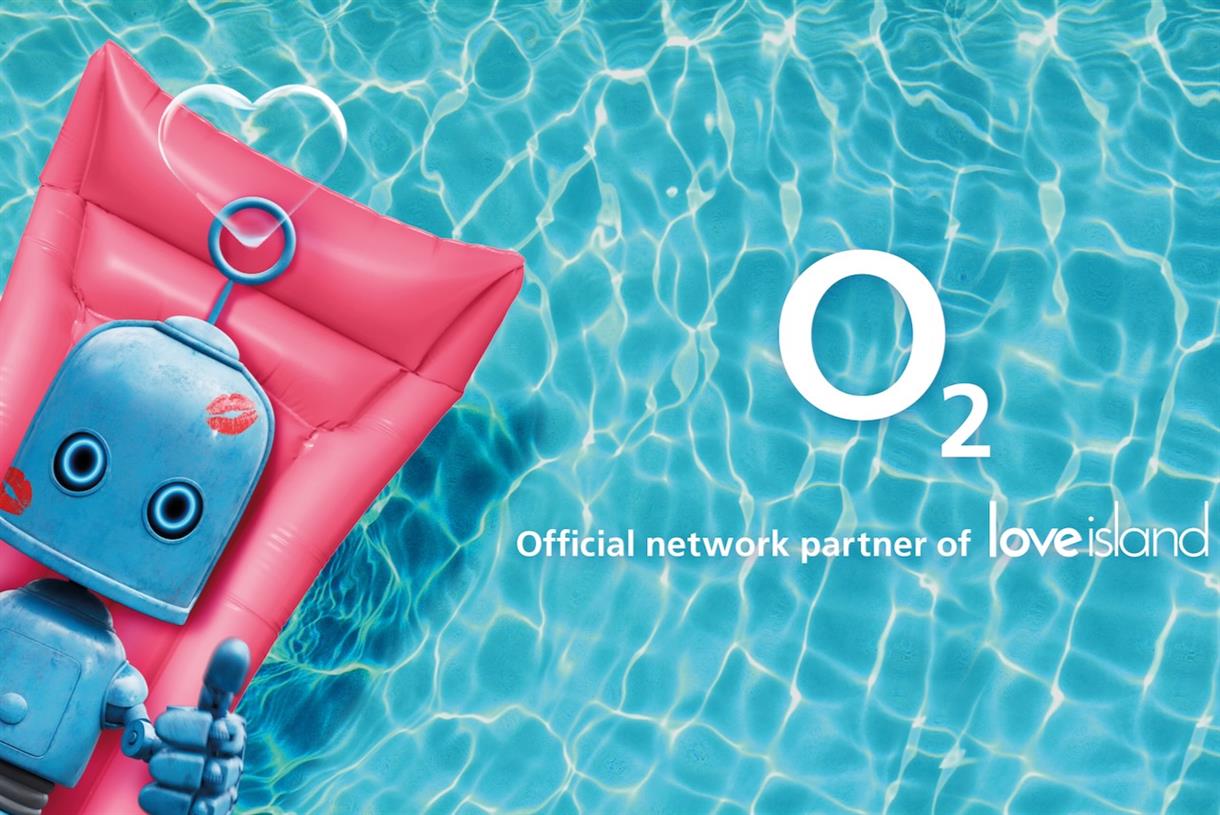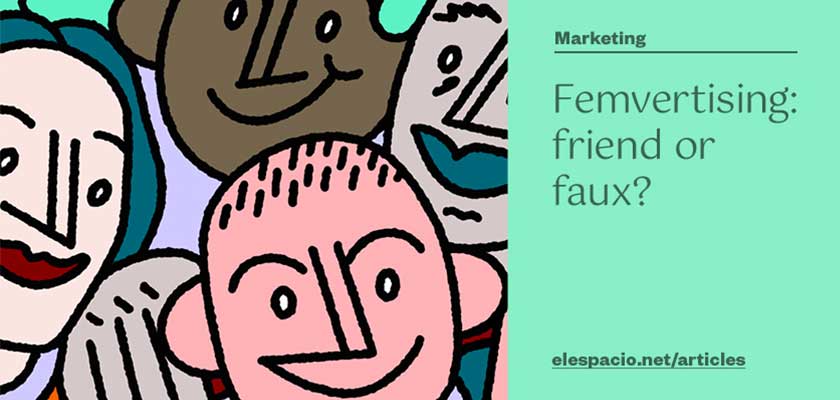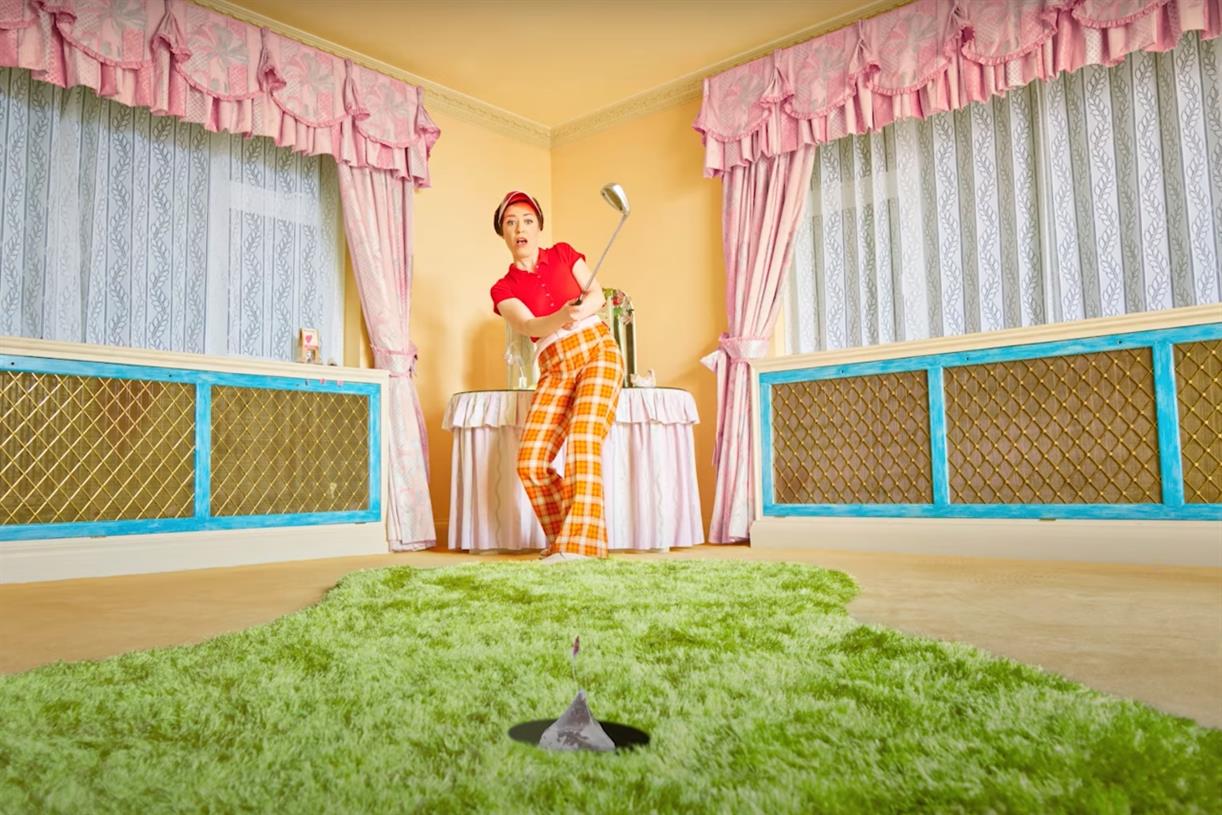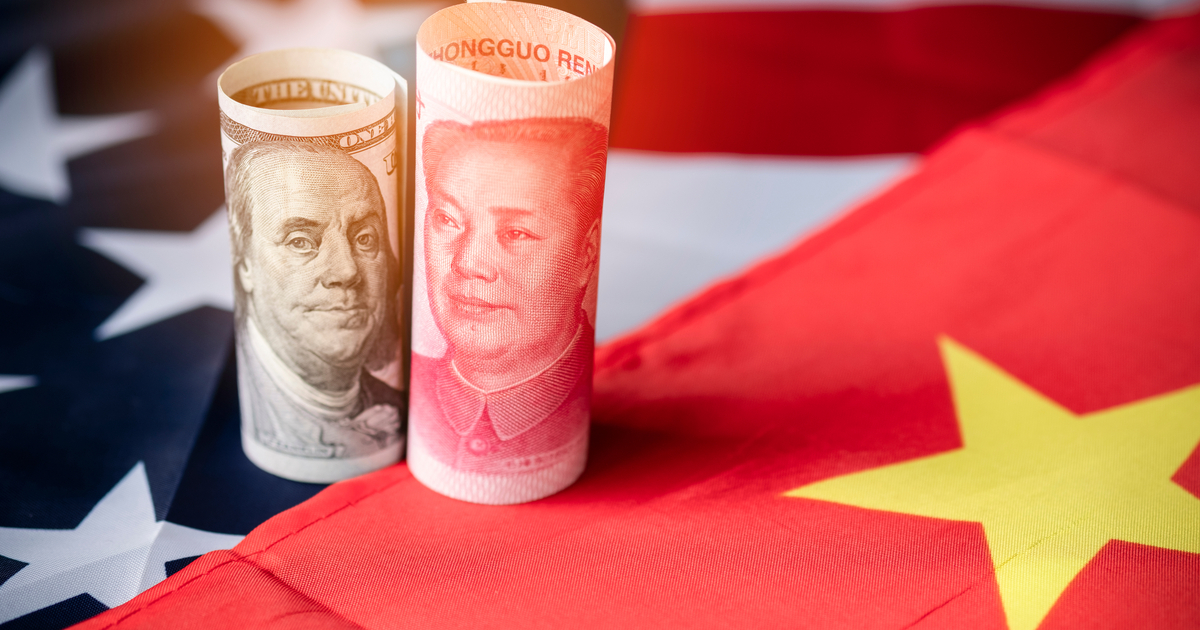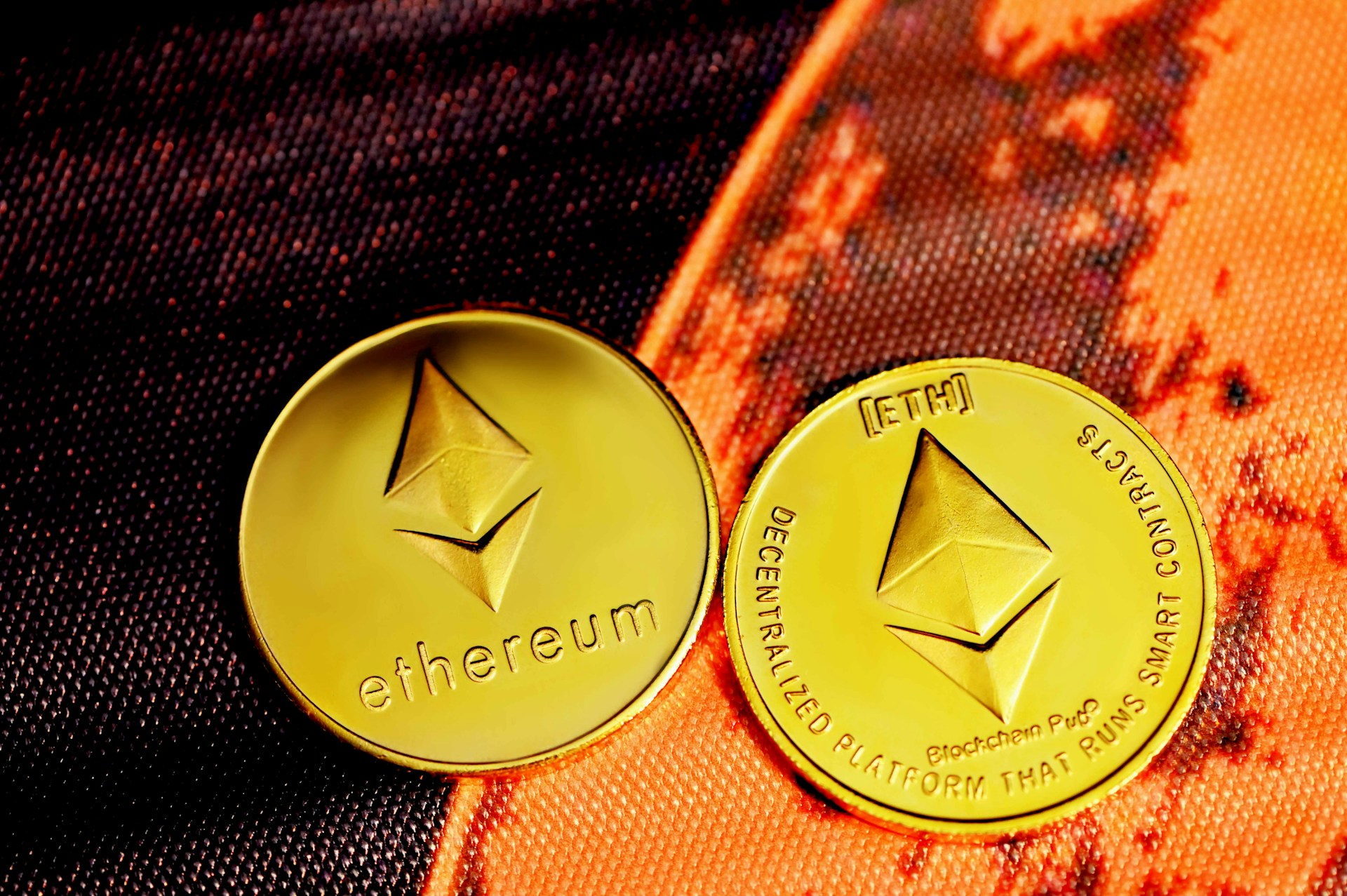A love letter to Bend It Like Beckham
It was one of the first films I saw as a teen that subverted gender roles and demonstrated how chasing sporting glory was more rewarding than chasing boys.
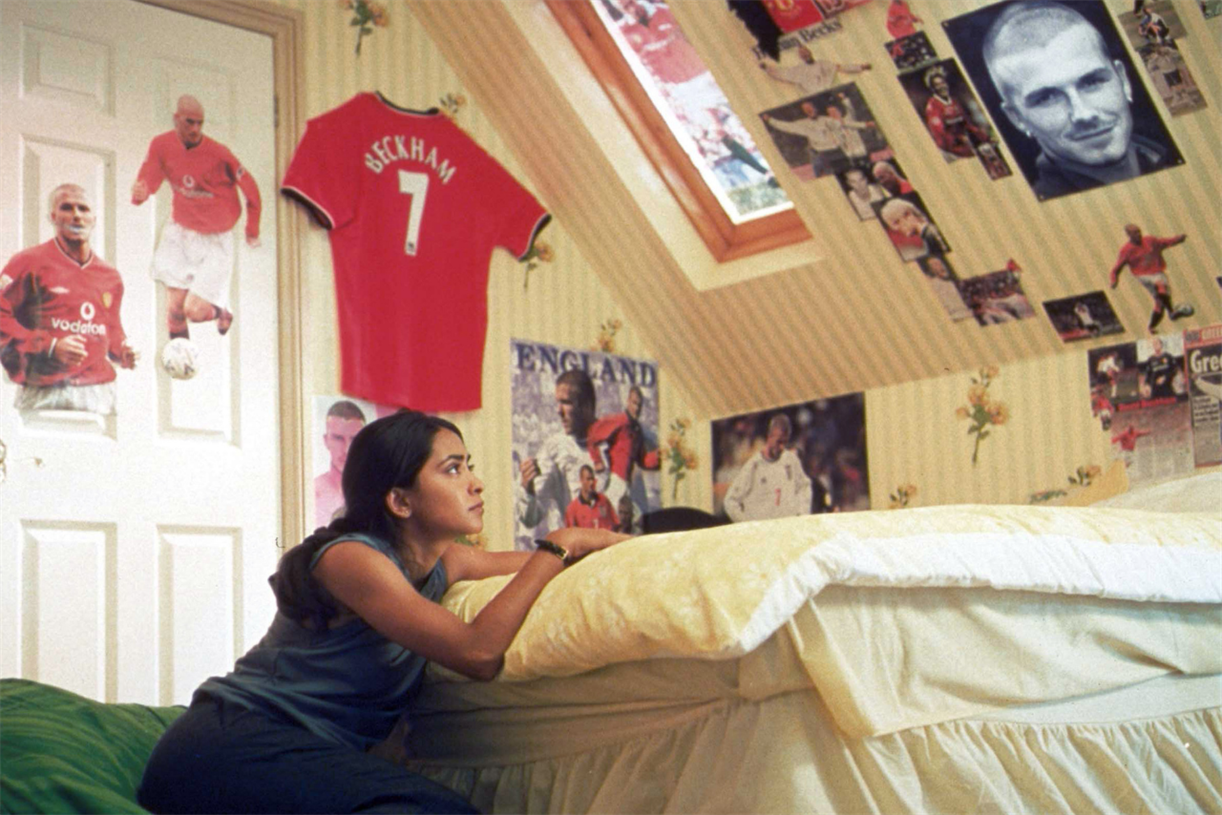
Wanna feel old? In April, it will be 20 years since Gurinder Chadha’s seminal piece of cinema Bend It Like Beckham was released.
Let that sink in for a moment. Not only was it a cultural staple for my generation but it was one of the first films I saw as a teen that subverted gender roles and demonstrated how chasing sporting glory was more rewarding than chasing boys. Special mention to Blue Crush (another masterpiece from 2002) for shouting this message too.
Fast forward 20 years and I’m privileged enough to work in the sports world, not as a footballer or a pro surfer (shocker, I know…) but creating campaigns for independent sports agency Homeground with a particular focus on women’s sport.
The romantic in me likes to think cultural moments like Bend It Like Beckham had a part to play in igniting that passion and keeping sport in my life.
So, in the spirit of sentimentality, I decided to reunite with my old gal pals Jess and Jules and see whether this formative sports film still held up. Clue: it does.
Here’s what I noticed 20 years on.
Jess and Jules wouldn’t have to go to America to play these days. With Barclays record-breaking sponsorship of the WSL, they could play for Arsenal, Manchester United or Sunderland, not Santa Clara.
Condiments are the only acceptable tools to use when discussing the offside rule. Also @fellas, please, please stop mansplaining it to us, thanks.
Mrs Paxton is the epitome of white feminism. With nauseating lines like: "You know Jesminder, I cooked a lovely curry the other day,” and “I was cheering for Martina Navratilova as much as the next person,” she somehow believed that saying such garbage meant she was not racist or homophobic.
Stadium attendance at women’s games has vastly improved. Barcelona Femeni completely sold out Camp Nou after 85,000 tickets were sold in three days, smashing the average attendance of 46,000 set by the men’s team so far this season.
I miss zigzag headbands.
Rampant racism still exists in the game. While some things have changed in 20 years, this hasn’t. It’s pathetic and brands need to actively come for anyone spewing hate on their platforms. You just need to look at work like No More Red from Arsenal, and Hope United from BT to know it’s not impossible to create positive change.
I’ve 100% seen all Pinky’s friends' outfits advertised to me on Instagram.
Tony was the OG ally. His line “Why can’t you just see them as footballers” is a question we’re still asking fans, players and the media two decades on. In fact, just recently, a study led by Durham University revealed 68% of male football fans felt women shouldn’t participate in football at all. WTAF. Is it due to the cultural climate? Retaliation against gender equality? Whatever the reason, it’s crushing and exhausting. Brands have a role here too. Representation matters – in front of and behind the camera.
Adidas bra + shorts were and always will be a solid combo.
Relating to point 8, the film holds up 20 years on because it was brought to life by lived experience.
As a woman who works in sport, there are days that are inspiring, there are days that are exhausting and there are days that shake you to your core.
Amie Cripps of Versus captured this sentiment recently with her searing piece about "the uncomfortable truth about misogyny in football", after yet another horrific story emerged as a result of violence against women in football.
Astonishingly, the victim in this latest case, Harriet Robson, received significantly less media time and vehement public support than another recent victim of abuse at the hands of a male footballer. A cat.
While abuse of any living creature is abhorrent, you have to ask why violence against women at the hands of men is met with less outrage. Shahed Ezaydi explores this a little more in this article here.
Sadly, the shocking regularity of incidents like these make it difficult feel good about the things that have changed for the better in the past 20 years. But not impossible. The glimmering signs of progress are there if you know where you look.
In Bend It Like Beckham, Jess and Jules covet Adidas football boots worn by their male idols. Now seven times Champions League winner Wendie Renard; Best Fifa Goalkeeper 2021 Christiane Endler; World Cup champion Abby Dahlkemper and SheBelieves Cup winner Toni Duggan are fronting the launch campaign of the latest edition of Predator, the Predator Edge, inspiring female ballers to carry on lacing up and bending the system, until it finally breaks.
The truth is, Gurinder Chadha is the main reason why this film still holds up brilliantly. The fact that it was brought to life by lived experience, with women of colour both behind and front of the lens, is what makes it so watchable two decades on.
Representation really matters. True, authentic representation. Not quote filling, not tokenism. Sticking up for and showing what you believe in not just once or as part of a DE&I drive but as a day-to-day practice.
Chadha also relied on her co-writers to fill in the blanks of what she didn't know and didn’t have lived experience of, writing “jargon jargon football jargon” into the script.
This trust in a collaborative process and co-creation is an important lesson in how the best and most authentic work is made. It will hopefully serve as a reminder to our industry when it comes to putting lived experience in the power seat and crafting narratives that we can still stomach in 20 years’ time.
And if you’re in the mood to spiral further into Bend It Like Beckham, please enjoy these 18 winning facts. I’m off to buy a zigzag headband.
Gabi Mostert is creative director at Homeground

 JimMin
JimMin 









